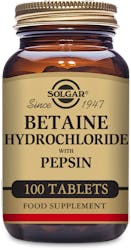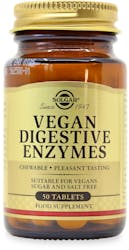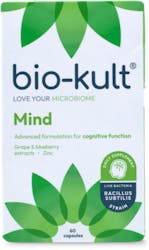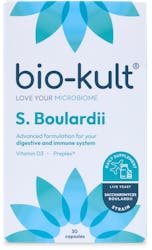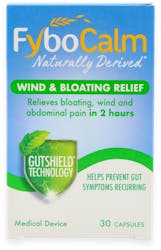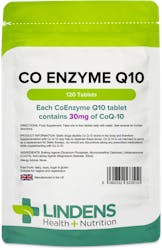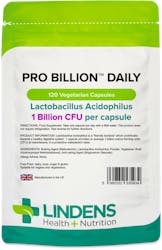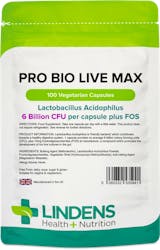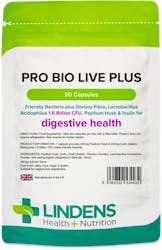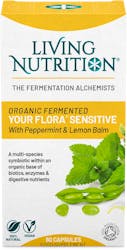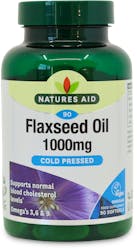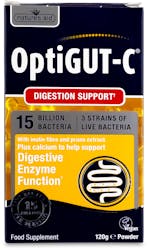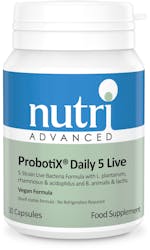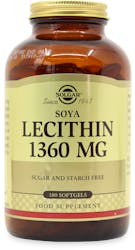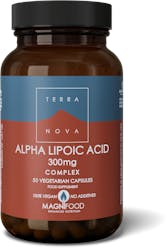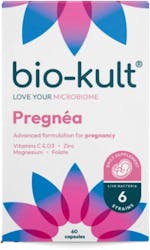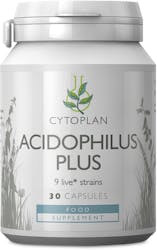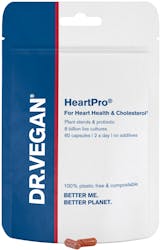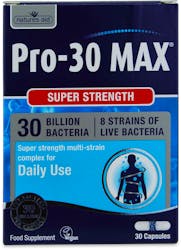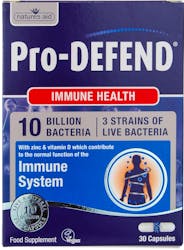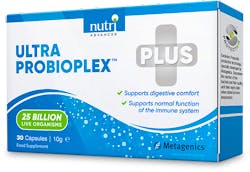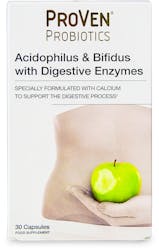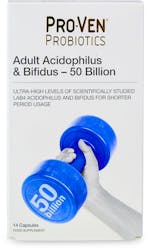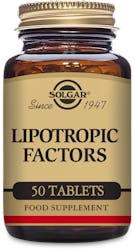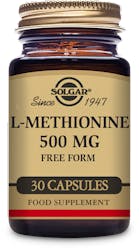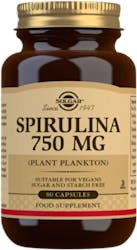Digestive Health
Digestive supplements are products designed to aid or enhance the digestive process. They typically contain enzymes, probiotics, prebiotics, fibres, herbs, or other compounds that support digestive health. These supplements can help alleviate digestive discomfort, improve nutrient absorption, and support the balance of gut microbiota.
More about digestive health
Digestive supplements can be a valuable tool for improving digestive health and managing digestive disorders. By understanding their functions, types, and how to use them effectively, you can better support your digestive system and overall well-being. Always consult with a healthcare provider before starting any new supplement regimen.
What are probiotics?
Probiotics are live bacteria and yeasts that could potentially have various health benefits. They can help balance out your gut microbiome, which is made up of good and bad bacteria. When your gut bacteria is balanced, the bad bacteria don’t have a chance to multiply and cause problems. That’s why you should look after your gut health by feeding friendly bacteria with foods high in probiotics or with probiotic supplements. Good natural sources of probiotics are yoghurt, kefir, sauerkraut, tempeh, kimchi, miso, kombucha, pickles (also known as gherkins), some cheeses and natto (similar to tempeh and miso).
What do probiotics do?
Probiotics are made up of the types of live bacteria and yeasts that live in your gut. Not all bacteria are bad – the good bacteria that live in your gut are responsible for a wide range of functions in your body, including:
- Supplying essential nutrients
- Synthesising vitamin K
- Regulating things like bile and vitamin levels
- Helping digestion and absorbing nutrients
- Supporting the immune system
When you eat foods that contain probiotics or take probiotic supplements, you’re increasing the amount of good bacteria in your gut, which can help to fight off the bad bacteria that can cause a range of issues. Even though there’s still a lot of research that still needs to be done, it’s thought that probiotics can help with diarrhoea, constipation, inflammatory bowel disease, irritable bowel syndrome, yeast infections, gum disease, lactose intolerance and even some respiratory infections like the common cold, ear infections and sinusitis. It’s also important to know that not all probiotics work in the same way and have the same effect. Each different strain will have its own individual benefits, which is why you can find specific probiotics for women, including Optibac Probiotics for Women and probiotics for vaginal health.
We also stock specific products for men and even children. For your little ones, check out Optibac Probiotics for Babies & Children 30 Sachets.
Can you take probiotics every day?
Probiotics are a natural supplement and not a medication, so they should be used as part of a healthy lifestyle. It’s considered safe for most people to take probiotics every day, except in a few rare cases. Also, because you have an estimated 40 trillion microbes in your gut, it’s very difficult to take too much. If you’re unsure whether they’re right for you, chat to a healthcare provider or a pharmacist.
Signs you need probiotics
Your body will tell you when your gut microbiome is out of balance, but you may not recognise the signs. You may want to consider eating more probiotic foods or taking probiotic tablets or probiotic powder if:
- You have an upset stomach
- You have extreme sugar cravings
- Unintentional changes to your weight
- You’ve been on a course of antibiotics
- You’re not sleeping very well and constantly feel tired
- You have skin irritations
Even though these might be signs that your gut bacteria is out of balance, they could also be signs of much more serious medical conditions. If these symptoms carry on for a long time, don’t ignore them. Speak to your GP or pharmacist for expert advice.
If you’d like to learn more about probiotics and feel you could benefit from them, you can contact our pharmacist.
